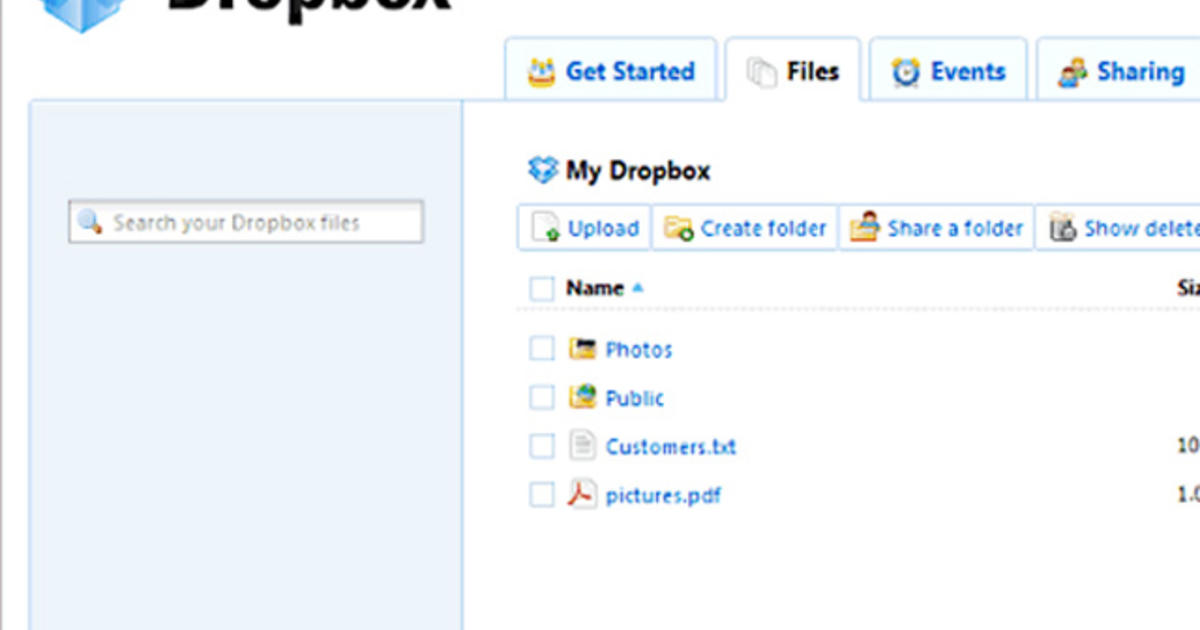

While Dropbox and other file sharing programs provide immense convenience, small business owners need to understand the consequences of choosing the easy route. There’s no way to know where your data goes.īecause Dropbox allows syncing to personal devices and file sharing with no audit trail, there is no accountability when files are lost, changed or shared with others. Penalties for compliance violations can be steep – or can result in lawsuits. You may be breaking laws.Ĭertain data must be properly secured. What would happen if you lost all your accounting records? Or the customizations you had done on your order processing software? You’d be kicking yourself for not having these systems properly backed up. Application data is not backed up.Ĭloud storage is wonderful for backing up documents, spreadsheets and photos, but often is not large enough (or secure enough) to create backups of your entire system and application data. Without strong passwords and robust security measures, your data becomes vulnerable.

Data can be stolen.Įmployees may use Dropbox to access file from unsecured locations – coffee shops, airports, and public WIFIs.

Sure, sometimes you can roll back the changes if you notice in time, but there is a danger that you may lose content permanently if you don’t notice in time. Documents can be deleted or written over. Whether you use Dropbox, iCloud, OneDrive, Google Drive, Box – they are all great programs – and they all have some inherent issues. However, there are also downsides to cloud storage. Clients and colleagues can easily collaborate on documents. The Danger of Dropbox …and OneDrive, Google Drive, Box, etc…Ĭloud-based file storage is a real asset to businesses today.


 0 kommentar(er)
0 kommentar(er)
